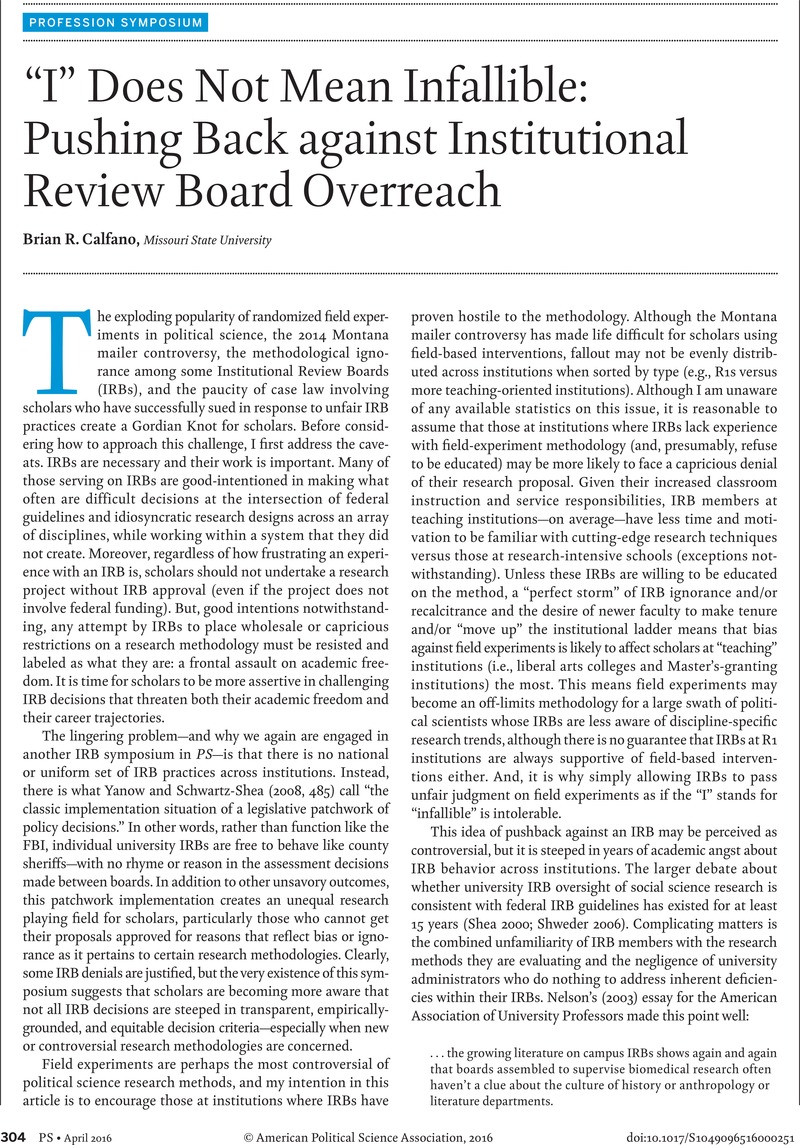Crossref Citations
This article has been cited by the following publications. This list is generated based on data provided by Crossref.
Schroeder, Doris
Chatfield, Kate
Chennells, Roger
Partington, Hazel
Kimani, Joshua
Thomson, Gillian
Odhiambo, Joyce Adhiambo
Snyders, Leana
and
Louw, Collin
2024.
Vulnerability Revisited.
p.
25.
Schneidman, Jillian
2024.
When Ethics Becomes Unethical: An Autoethnographic Account of Gaining Ethics Approval to Conduct Ethnography in a Healthcare Setting.
Journal of Academic Ethics,



